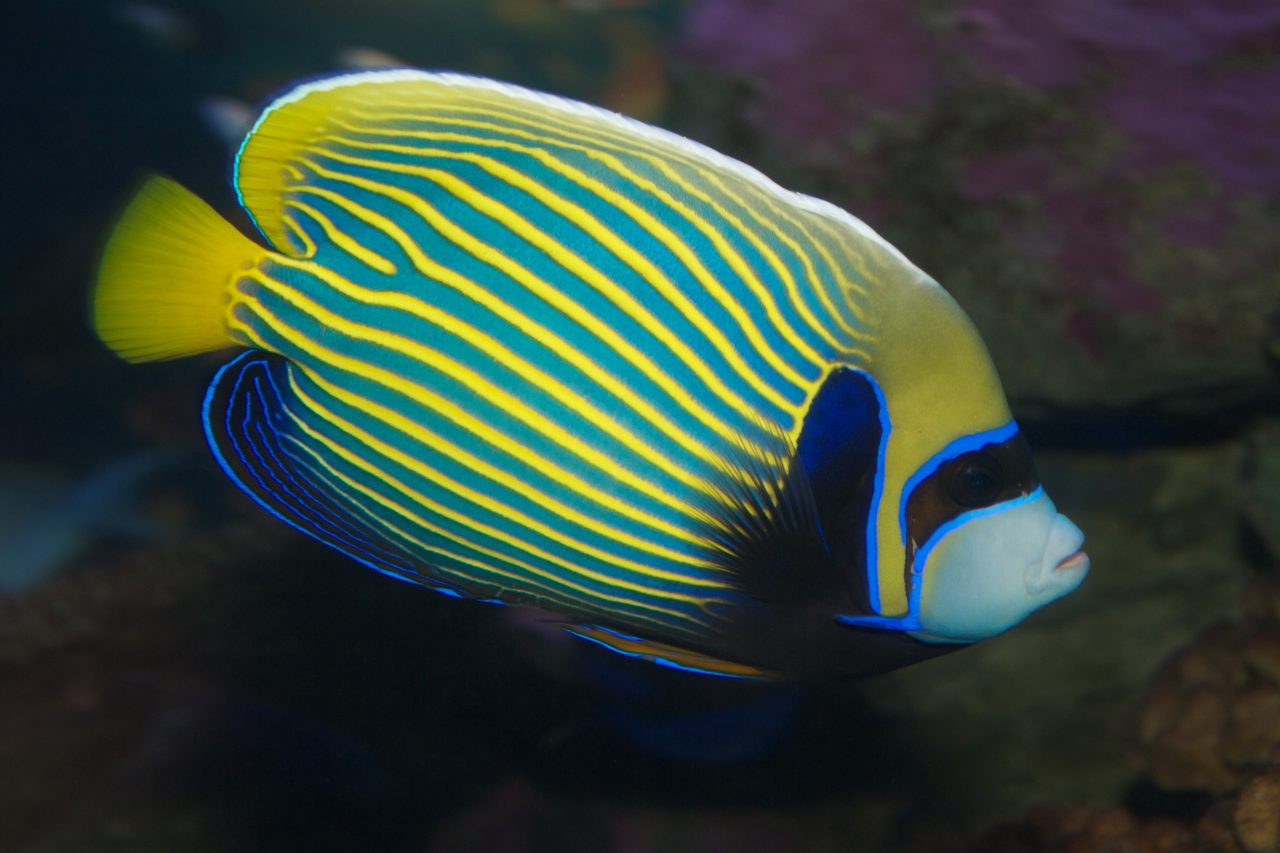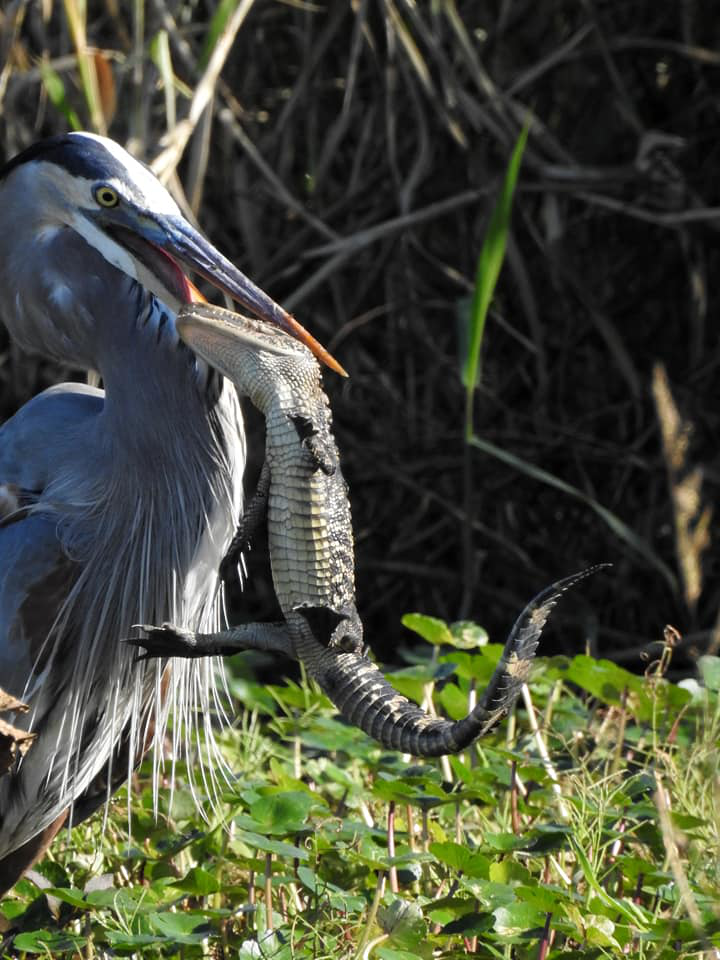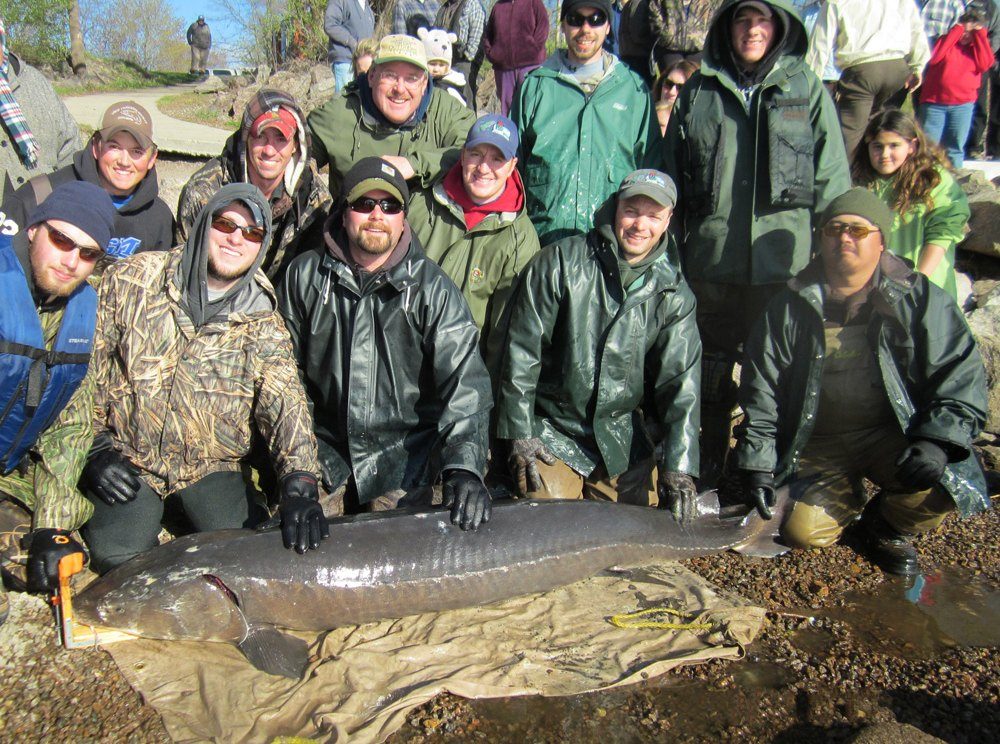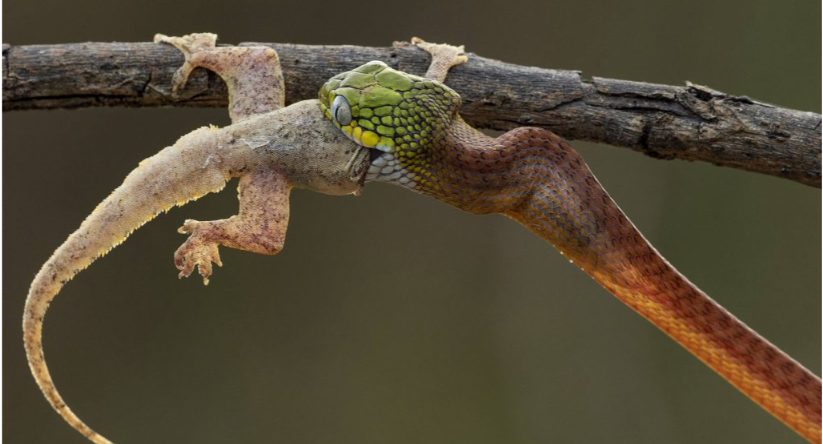Elephant seals are known for their impressive diving abilities, but a recent study has revealed an intriguing aspect of their behavior while underwater – they sometimes fall asleep during their dives. This finding challenges the conventional belief that marine mammals only sleep at the surface of the ocean, and highlights the unique adaptations of these fascinating creatures.

The study, published in the journal iScience, tracked the behavior of elephant seals off the coast of California using data loggers that recorded their movements and physiological activity. The researchers found that the seals spent up to an hour at a time diving to depths of over 500 meters, where they would occasionally drift off to sleep for short periods of time.

This behavior, known as “slow-wave sleep,” is a type of sleep that is characterized by low-frequency brain activity and is thought to be important for cognitive processing and memory consolidation. The researchers suggest that the ability of elephant seals to engage in slow-wave sleep while diving may be related to their unique adaptations for deep diving.
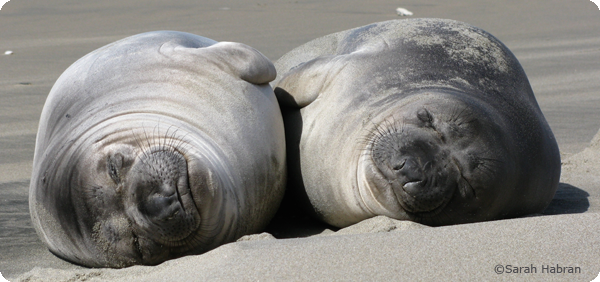
Unlike most marine mammals, elephant seals have evolved a range of physiological and behavioral adaptations that allow them to dive to extreme depths for prolonged periods of time. They have a large oxygen store in their blood and muscles, allowing them to hold their breath for up to two hours, and their bodies have adapted to cope with the high pressures and low temperatures of the deep ocean.
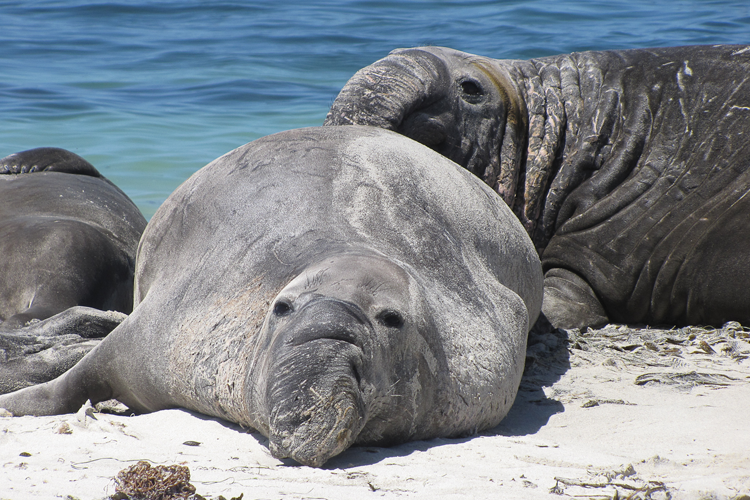
The ability to sleep while diving may be another adaptation that helps elephant seals to conserve energy and stay alert while foraging for food in the deep ocean. It also highlights the incredible resilience and adaptability of these creatures in their harsh and challenging environment.
The study has important implications for our understanding of the behavior and physiology of marine mammals, and underscores the need to continue studying these fascinating creatures in order to unlock the secrets of their incredible adaptations. By gaining a better understanding of how elephant seals and other marine mammals live and thrive in the ocean, we can better protect and conserve these important and unique creatures for generations to come.




